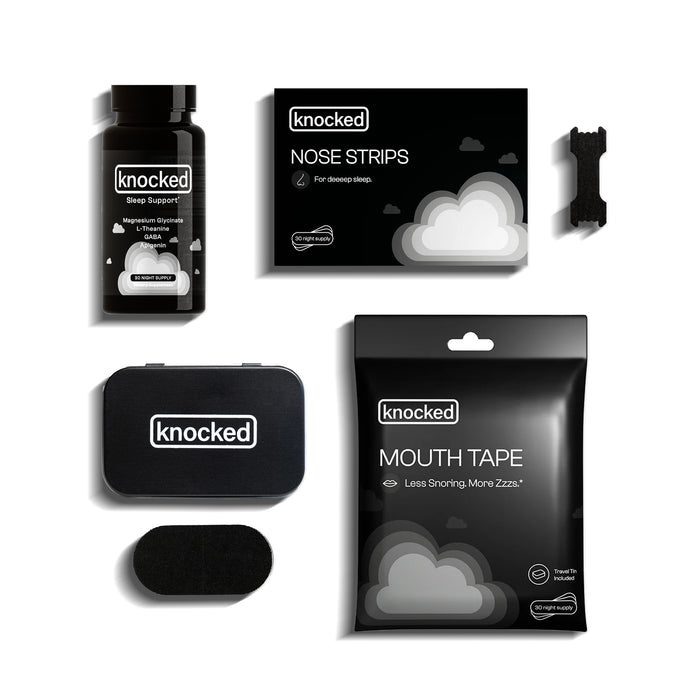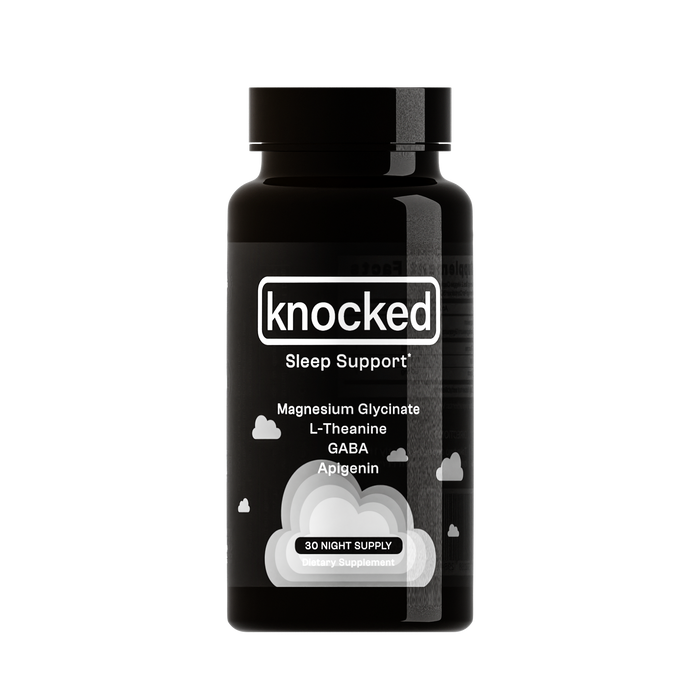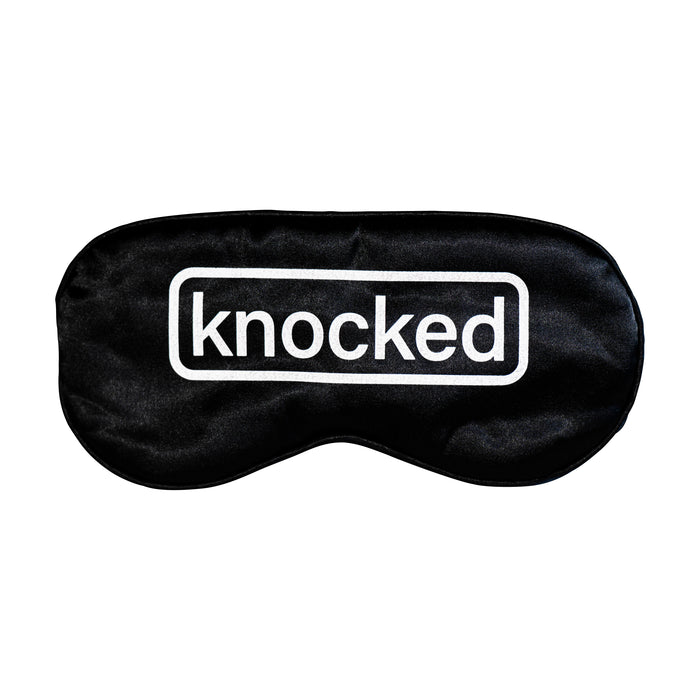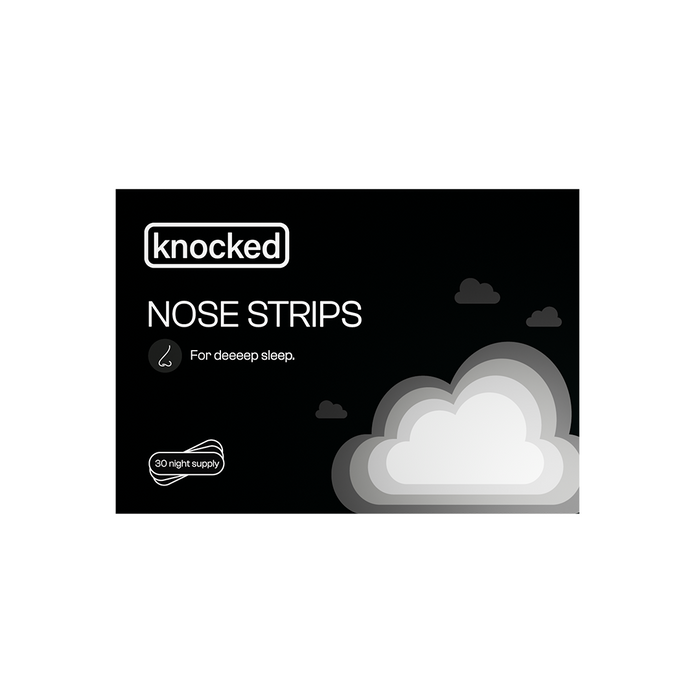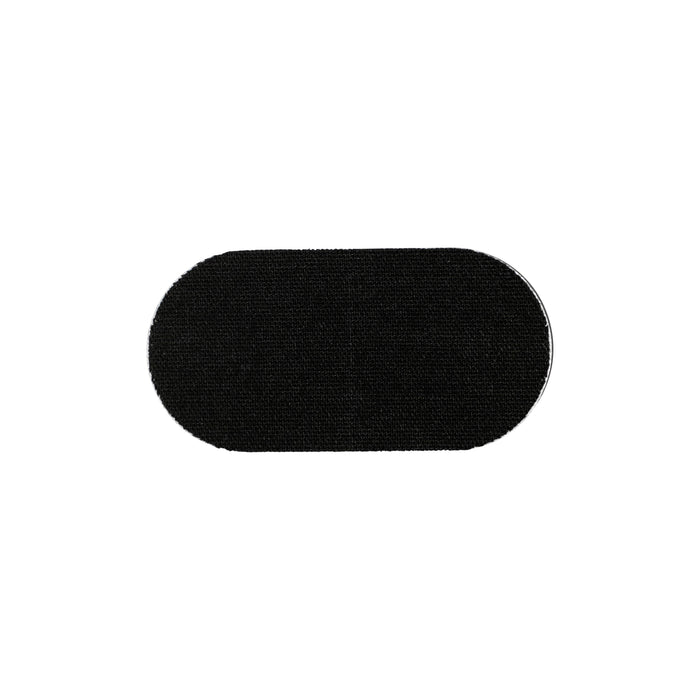

Alcohol and Sleep: The Effects of Drinking Before Bed
Alcohol is a widely used sleep aid, but is it truly effective? The effects of alcohol on sleep quality are not straightforward, and the long-term effects of excessive alcohol consumption on sleep are also a concern. In this post, we'll explore how alcohol affects the quality and duration of sleep, as well as how it might impact different stages of the sleep cycle. We'll also discuss the potential long-term effects of alcohol on sleep and provide some tips for drinking responsibly if you choose to indulge.
How Does Alcohol Affect Sleep Quality?
While alcohol can help people fall asleep faster, it can also lead to more disrupted sleep later in the night. This is because alcohol has a sedative effect on the body, making it easier to fall asleep initially. However, as the body metabolizes the alcohol, it can lead to more frequent awakenings and lighter stages of sleep. This can leave people feeling groggy and tired the next day, even if they've slept for the same amount of time as usual.
According to a study published in the journal Alcoholism: Clinical and Experimental Research, drinking alcohol before bed can result in reduced REM (rapid eye movement) sleep and more time spent in the lighter stages of sleep. This can result in a less restful night's sleep overall, as REM sleep is important for memory consolidation and emotional regulation.
How Does Alcohol Affect Different Stages of the Sleep Cycle?
The sleep cycle consists of five stages, including both REM and non-REM sleep. Each stage has its own unique characteristics and plays a critical role in sleep quality. Here's how alcohol affects each stage:
- Stage 1: This is the initial stage of sleep, when you're just starting to drift off. Alcohol can help you fall asleep faster during this stage, but it can also make you feel drowsy and groggy the next day.
- Stage 2: This is a deeper stage of sleep, characterized by slower brain waves and a reduction in body temperature. Alcohol can interfere with this stage of sleep, leading to more frequent awakenings and lighter sleep overall.
- Stages 3 and 4: These are the deepest stages of sleep, characterized by the slowest brain waves and the most restorative effects. Alcohol can interfere with these stages of sleep, leading to more frequent awakenings and lighter sleep overall.
- REM sleep: This is the stage of sleep where most dreaming occurs. Alcohol can reduce the amount of REM sleep you get, which can lead to a less restful night's sleep overall.
What Are the Long-Term Effects of Alcohol on Sleep?
Over time, excessive alcohol consumption can lead to a variety of sleep disorders, including sleep apnea and insomnia. Chronic alcohol use can also disrupt the body's natural sleep-wake cycle, making it harder to fall and stay asleep. This can lead to chronic sleep deprivation, which can have a wide range of negative health consequences, including:
- Increased risk of heart disease
- Increased risk of stroke
- Impaired immune function
- Increased risk of diabetes
- Impaired cognitive function
- Increased risk of depression and anxiety
Tips for Drinking Responsibly Before Bed
If you choose to drink alcohol before bed, it's important to do so responsibly. Here are some tips to help you get a better night's sleep:
- Limit alcohol consumption to one drink per day for women and two drinks per day for men, as recommended by the National Sleep Foundation.
- Finish drinking several hours before bedtime to give your body enough time to metabolize the alcohol before sleep.
- Drink water before, during, and after drinking alcohol to help stay hydrated.
- Avoid caffeine and nicotine before bed, as they can interfere with sleep quality.
- Stick to a consistent sleep schedule
In conclusion, alcohol can have both positive and negative effects on sleep quality. While it can help people fall asleep faster, it can also lead to disrupted sleep later in the night, and chronic alcohol consumption can lead to a variety of sleep disorders and negative health consequences. If you choose to drink alcohol before bed, it's important to do so responsibly and in moderation, and to take steps to mitigate its negative effects on sleep quality.
Sources:
- National Sleep Foundation. (n.d.). Alcohol and Sleep. Retrieved from https://www.sleepfoundation.org/physical-health/alcohol-and-sleep
- Centers for Disease Control and Prevention. (2020, July 14). Alcohol Use and Your Health. Retrieved from https://www.cdc.gov/alcohol/fact-sheets/alcohol-use.htm
- Ebrahim, I. O., Shapiro, C. M., Williams, A. J., & Fenwick, P. B. (2013). Alcohol and sleep I: effects on normal sleep. Alcoholism, Clinical and Experimental Research, 37(4), 539–549. doi: 10.1111/acer.12006
